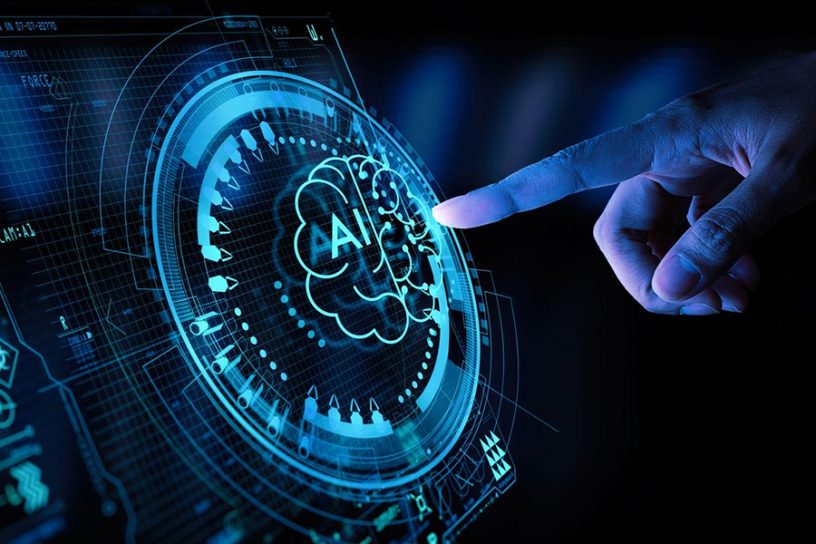
Machine Learning, Neural Network, Natural Language Processing, together with Big data are pushing us towards a new world of AI.
Author
Jewel Chanda, O.P. Jindal Global University, Jindal Global Law School (JGLS); WB Judicial Service.
Summary
‘Expert system’ is in center of attention of Artificial Intelligence (AI) research. Many models of legal argument in ‘expert system’ have shown promising result. Successful application of AI can solve multiple problems of justice delivery system. But no model of legal argument proposed, presently has the ability to take over the job of human judges. This paper tries to explore where the current models of legal argument fall short, in the context of judicial decision making by Indian Courts. One of the main backdrops of the justice delivery system is its’ uncertainty.
A judicial decision is uncertain due to many factors, amongst others, it largely depends on the perspective of the respective judges. For this reason, judgement of two judges on the same point may be contradictory to each other, whereas uncertainty is a negative factor for justice delivery system. The uncertainty, vagueness and disagreement have been considered as some of the biggest hurdles of AI and law research. But vagueness and uncertainty in the legal field is not devoid of logic, howsoever abstract it may be.
Machine Learning, Neural Network, Natural Language Processing, together with Big data are pushing us towards a new world of AI. Year old principles of fair trial and rules of law need to be modified to accommodate the era of AI. I argue, a scientific judicial perspective may solve many hurdles of the practical application of AI ‘‘expert system’’ for judicial decision making, and we can achieve real-time dispute resolution.
Published in: Nirma University Law Journal
To read the full article, please click here.


